Inside: Did you know that Tikki Tikki Tembo can set the wrong tone for Chinese culture? Grab these children’s books about the Chinese New Year to read instead.
I’ve read Tikki Tikki Tembo to my kids so many times that we all can say his long version name. I want to suggest other books for Chinese New Year. It’s kind of a fake Chinese Folk Tale about why Chinese names are so short today.
For kids who might not have a lot of exposure to China, Chinese Americans and/or Chinese culture, it sets the wrong tone, implying that the Chinese are foolish and stupid.
Grace Lin’s blog has more:
- The book purports to be an “old Chinese folktale,” but it is not. It is actually thought to be based on a Japanese folktale called Jugemu. Presumably, that tale was picked up and retold by Westerners, who mistakenly attributed it to China and added to the story. The result is a story that is neither Japanese nor Chinese, and it exemplifies the racist attitude of, “Chinese, Japanese, what’s the difference, they’re all the same.” from Wikipedia
- Though the book’s illustrations are beautifully drawn by Caldecott Medal-winning artist Blair Lent, they do not authentically depict Chinese people, as noted by The Multiculturalist above. Tikki Tikki Tembo’s shoes are actually strikingly similar to traditional Japanese geta footwear, again reinforcing the inaccurate perception that all Asian cultures are the same.
- Tikki Tikki Tembo’s full name does not include any actual Chinese words, and it perpetuates the stereotype that Chinese words and names sound like nonsensical syllables (from Wikipedia). If anyone doubts that this stereotype continues to persist in modern society, look no further than the 2011 racist rant by a UCLA student.
- Tikki Tikki Tembo’s little brother does have a Chinese name, Chang, which, according to the book, means “little or nothing.” The book was written in 1968, well before pinyin was standardized, but even if we generously consider all tones of “chang” and “zhang,” none of the dozens of possible translations even come close to meaning “little” or “nothing.”
- According to the story, Chinese people traditionally gave their firstborn sons long and honorable names. This is not true. I tried to find a source to back up this point, but apparently, there isn’t really a good way to find evidence of what a culture is not. This Wikipedia article at least provides information on Chinese names, modern and historical, and makes no mention of first-born sons ever getting especially long names.
Chinese New Year Picture Books Instead of Tikki Tikki Tembo
I have two lists of Chinese New Year books to use instead here and here.
15 Wonderful Chinese New Year Picture Books
Top 10: Best Chinese New Year Books for Kids
To examine any book more closely at Amazon, please click on image of book.
As an Amazon Associate, I earn from qualifying purchases.
Follow PragmaticMom’s board Multicultural Books for Kids on Pinterest.
Follow PragmaticMom’s board Children’s Book Activities on Pinterest.
My books:
Food for the Future: Sustainable Farms Around the World
- Junior Library Guild Gold selection
- Selected as one of 100 Outstanding Picture Books of 2023 by dPICTUS and featured at the Bologna Children’s Book Fair
- Starred review from School Library Journal
- Chicago Library’s Best of the Best
- Imagination Soup’s 35 Best Nonfiction Books of 2023 for Kids
Amazon / Barefoot Books / Signed or Inscribed by Me

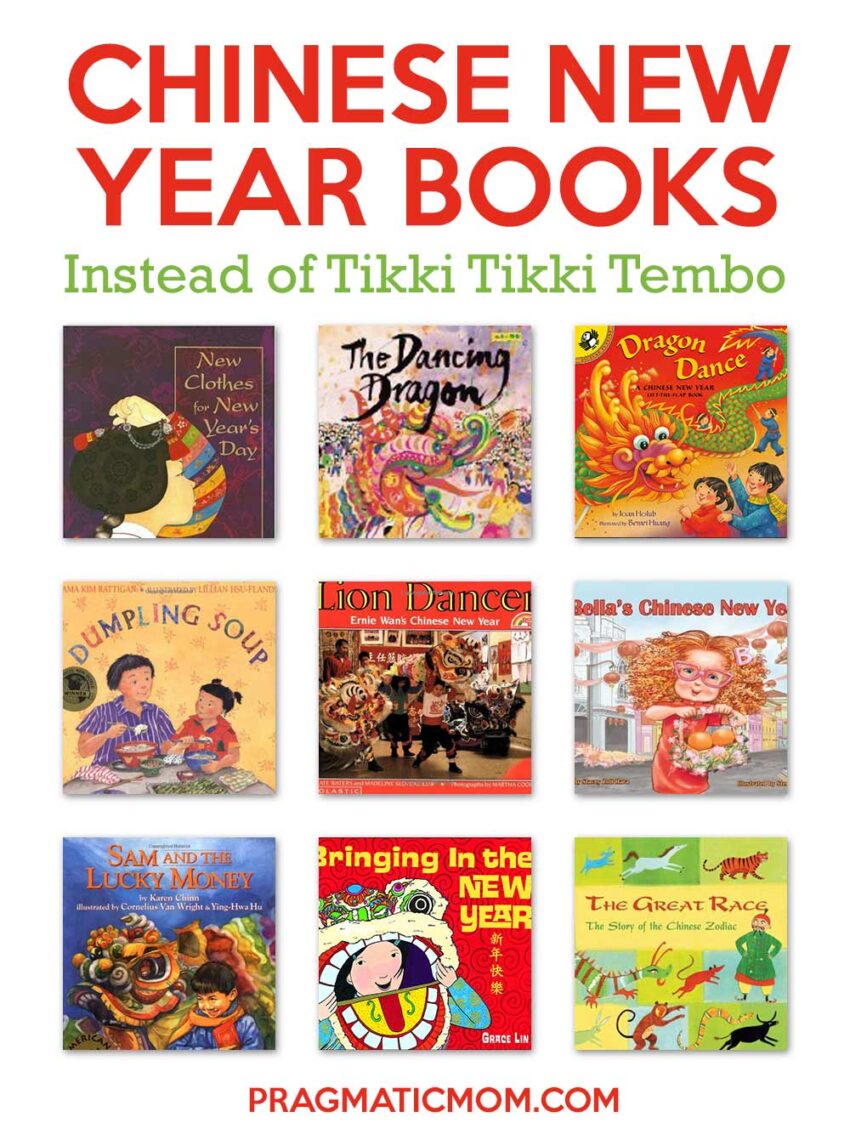
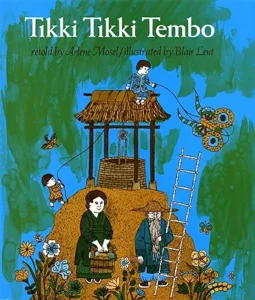
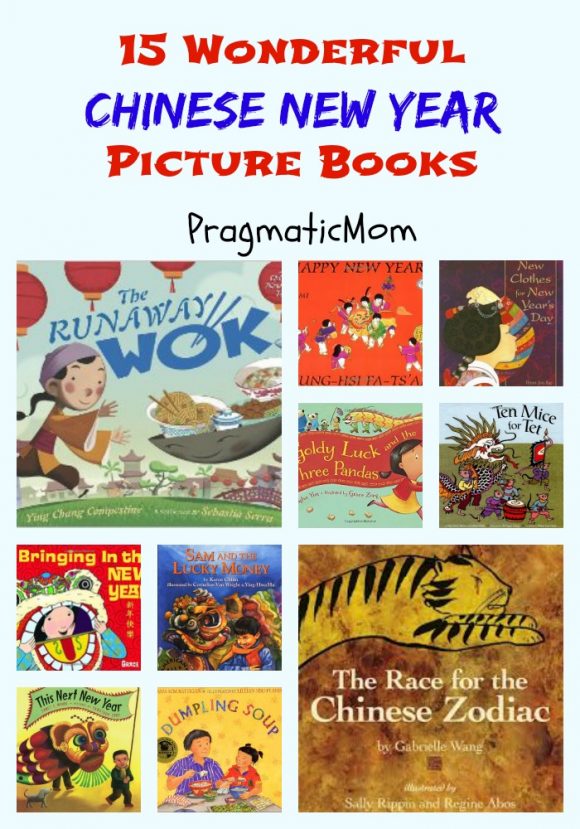
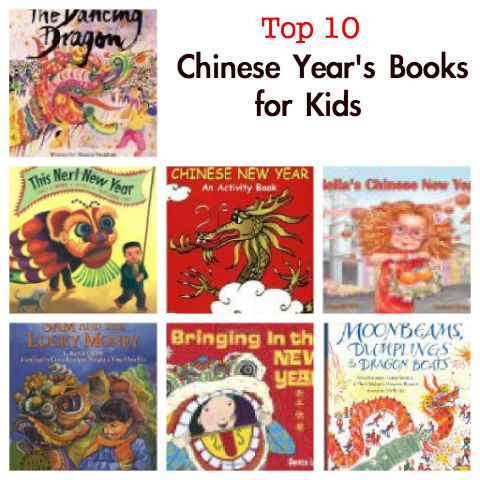
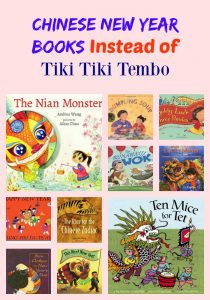
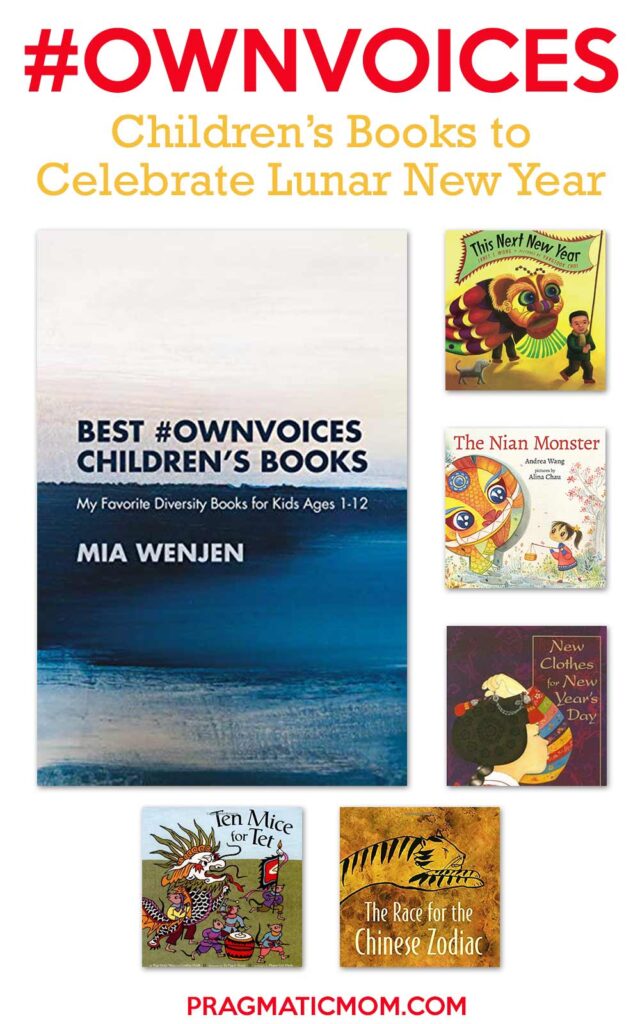
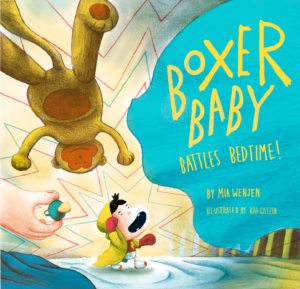
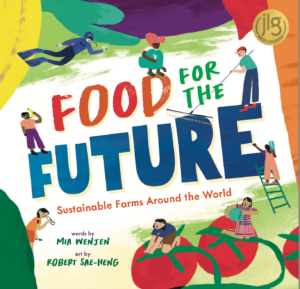
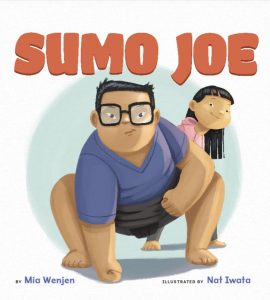
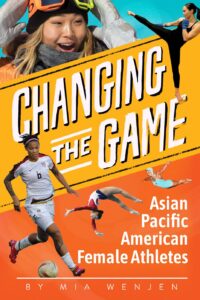
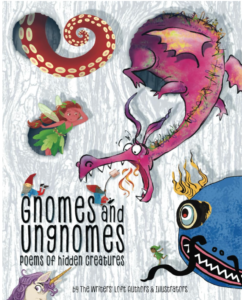



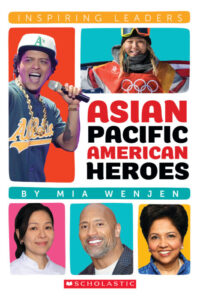

Thanks for putting Tikki Tikki Tembo into a more accurate and historical context, Mia! I have to admit that it was one of my favorite books as a kid. I loved saying the name, and I remember being mesmerized by the intricacy of the illustrations. I also loved the intergenerational aspect, since I grew up with my grandmother living with us since I was 10, and we were very close. It’s great that there are so many wonderful alternatives that paint a vivid and accurate portrait of Chinese cultural traditions these days, that’s for sure. LOVE seeing THE NIAN MONSTER here, since it’s such a fun and playful take on the New Year’s tradition 🙂
Hi Maria,
My thanks to Grace Lin for doing the heavy lifting on explaining the flaws with Tiki Tiki Tembo. I’m like you. My kids and I loved chanting his name. I think we all have it memorized still to this day … 12 years later. I do remember reading it thinking it looked weird … kimonos in China?!! I’m happy if teachers who are looking to celebrate Chinese New Year read this and switch books to something else. I’d pick The Nian Monster as a replacement because it also has that folk tale fable feel but it gives good context to the traditions of Chinese New Year and it’s a fun picture book that kids will love too!
Thanks for this list! We’ve read some of these, but it’s time to find the rest.
Hi MaryAnne,
I’m always so impressed by the depth and range of the books you and your kids read together! Wow, you’ve read multiple Chinese New Year books! I love that!
I remember hearing that book as a kid, and I can say the full name, but I haven’t read it as an adult. Thank you for your insight. That’s not one I’ll be buying for my Chinese daughters! We have some of the ones on your list, and I’ll be checking out a couple more of them. 🙂
I love all these books – and reading your post, I realsie I am certainly not missing out on not knowing Tiki Tiki Tembo (I don’t think it was published in the UK – or if it was, it passed me by)!
Hi Marjorie,
Tiki Tiki Tembo is a book I read to my kids and we enjoyed it so much that we had his really long name memorized and it was fun to say it really loudly. But I did wonder about the book when I read it years ago; the kimonos when they are supposed to be Japanese? The geta sandals too? But it was a fun silly story. But then I found out that it’s not actually based on Chinese Folk Tales so that’s when the book becomes problematic, especially when it seems like it’s THE book of choice for Chinese New Years in the classroom. I was grateful to Grace Lin for really doing all the groundwork to explain what is wrong; I only had a fuzzy feeling that it feels weird. I wonder if it was only popular in the USA.
This is awesome! As a white American 40 year old female, I’ve been hoping to find something like this to ensure that I don’t ignorantly pass on misinformation or representation and, like so many others here, I LOVED this book when I was little. I even admit to a deeply seeded love for it still (its a bit of a puzzle for me at the moment). I think, like has been mentioned before, it’s the combination of a silly story with a ridiculously fun to say name, the fact that it was always read in such an entertaining way by my mother with the little brother losing his breath with the repetition and of course the beautiful illustrations.
It’s a cleverly problematic book because it is both obviously nonsensical and subtly believable. Especially for children. Especially those from cultures that are not very familiar with Chinese history as a whole.
What if this were read, however, for the enjoyment of the ride, and then you discussed the likelihood of its truth? Discuss the possible origins and what the problems might be if people believe that these stories, at least partly, are based in fact for some reason or other? Or for a time? Or way deep down? Is it better to read other books instead? Or in addition to? Certainly having others be your go-to reference. Do you own books like these? Do they offer an opportunity for a valuable lesson, or is it to easy for young minds to focus on the silliness and miss the bigger picture? Is it better to pretend they don’t exist or are they introduced? When? When does it become censorship? Or banishment?
I welcome the alternative books listed here and plan to get them to read. As a preschool instructor and mother of an elementary student, I read a lot of children’s books and am always on the lookout for high quality ones that get valuable information across in a fun-to-read and factual manner.
This is not a book I would ever bring to read to my students (but perhaps others are? Maybe worth adding to my growing library? I look forward to reading them!). However, it has been donated to me and I enjoyed reading it still. I let my son read it and he loves it too, especially being a beginning reader. I wonder if it’s worth keeping (along with others that better represent the Chinese culture) to allow a lesson, or if we just enjoy it for a while, discuss the problems, move it along like a library book and replace it with others? Is there value in this story?
I’d love to hear others’ take on this.
Hi Katharine,
I think it’s ok to keep Tiki Tiki Tembo and read it with children as long as there is a preface short discussion on why this book is fun to read but isn’t actually accurate about Asian culture. It could be a good book to compare and contrast to other picture books by Asian American authors. For example, read Suki’s Kimono and talk about how Tiki Tiki Tembo is also wearing a kimono but that makes no sense because only Japanese wore kimonos and he is supposed to be Chinese and how they are different countries with different languages, cultures, food, and traditional clothing.
I have never heard of the book “Tiki Tiki Tembo” but it’s very fascinating to read about the cultural and historical inaccuracies that can persist in children’s stories! I majored in Mandarin Chinese and studies of Asia in college, and used to live in China, so it especially fascinating to read. Very grateful to live in the age of standardized Pinyin now! Reading older English books referencing bits of Chinese history and trying to figure out what Chinese word was meant by their odd phonetic spellings is difficult!
Hi Rachel,
It’s a old book which is why it was published with such a mishmash of cultures. It’s funny so I think that’s why is is still around. It’s too bad it’s inaccurate because it has staying power.
Some great suggestions!! I will be checking some of these out.Thank you for sharing!
Thanks so much!
Please lighten up. I was 5 years old in 1970 when I first heard the story (and chanted the name Rikky Tikky Tembo) It is now almost 2023 and I can assure you the story and imagery did nothing to damage/skew/alter my understanding of the Chinese culture, its people or their intelligence.